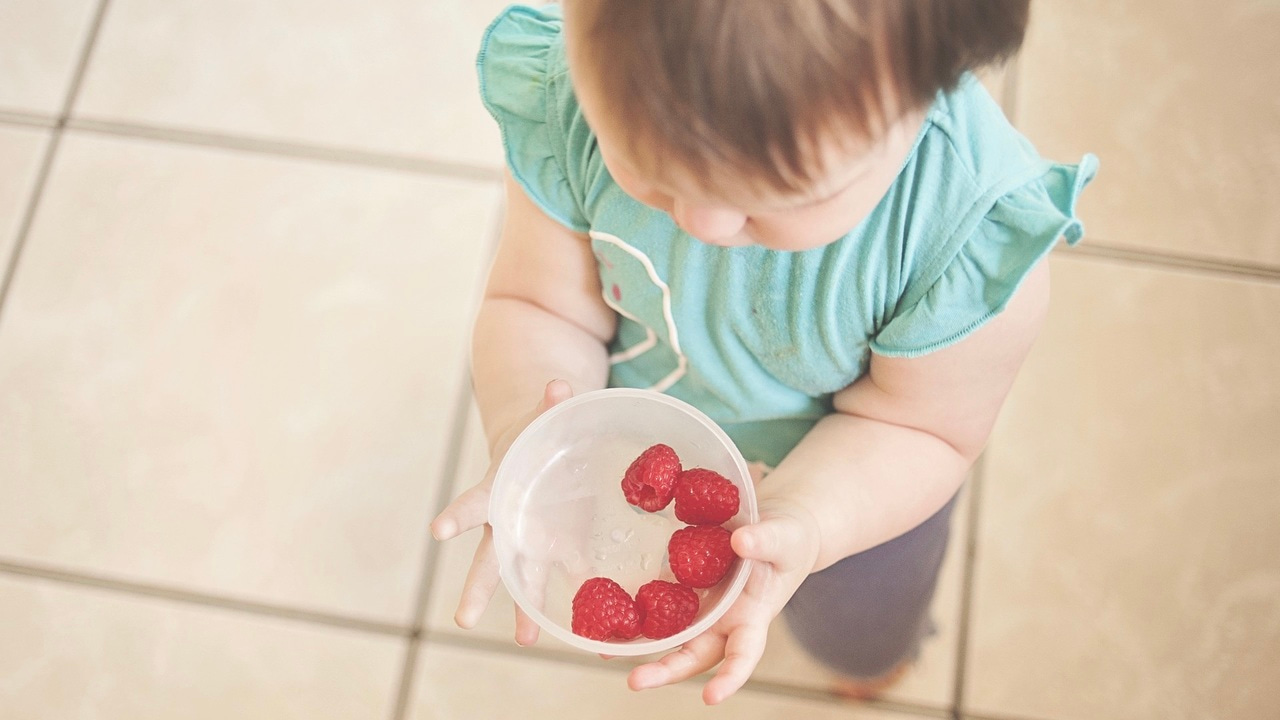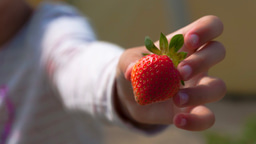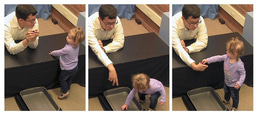Altruistic behaviour plays an important role in human cognitive development
Published in Neuroscience

In Part Two, Rodolfo Barragan explains the importance of finding human infants express altruism in this video interview, while in Part One, the authors discussed how cultural background and social experiences influence a child's behaviour.
Our paper, published by Scientific Reports, shows that human children readily, repeatedly, and rapidly help others as demonstrated in this video of a 19-month-old girl helping an adult obtain out of reach fruit (a blueberry). A second study has shown that infants spontaneously hand food to others even after a feeding delay, which increased infants’ own motivation to take the fruit for themselves.
Andrew, Rechele and I theorise that giving up desirable fruit to others is a primitive form of altruistic behaviour. Human infants’ tendency to hand over food to others may be a building block to widespread altruistic giving – even at a cost to oneself – which is unique to humans and foundational to the moral fabric of civilisation.
Follow the Topic
Your space to connect: The Psychedelics Hub
A new Communities’ space to connect, collaborate, and explore research on Psychotherapy, Clinical Psychology, and Neuroscience!
Continue reading announcement


Please sign in or register for FREE
If you are a registered user on Research Communities by Springer Nature, please sign in